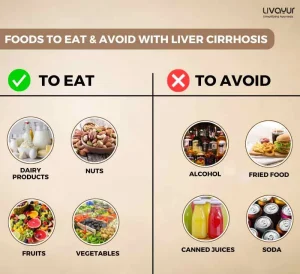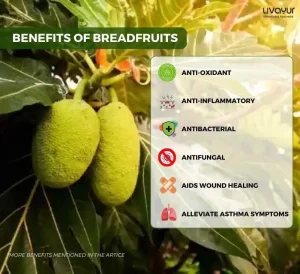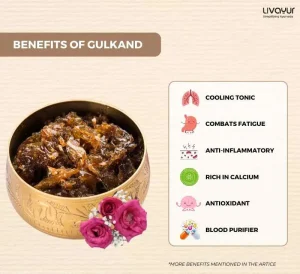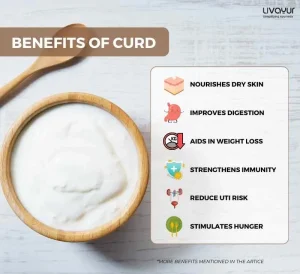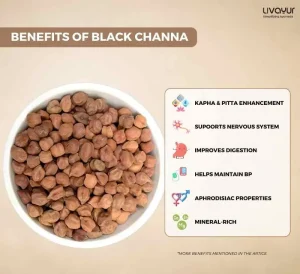This article is reviewed by an expert
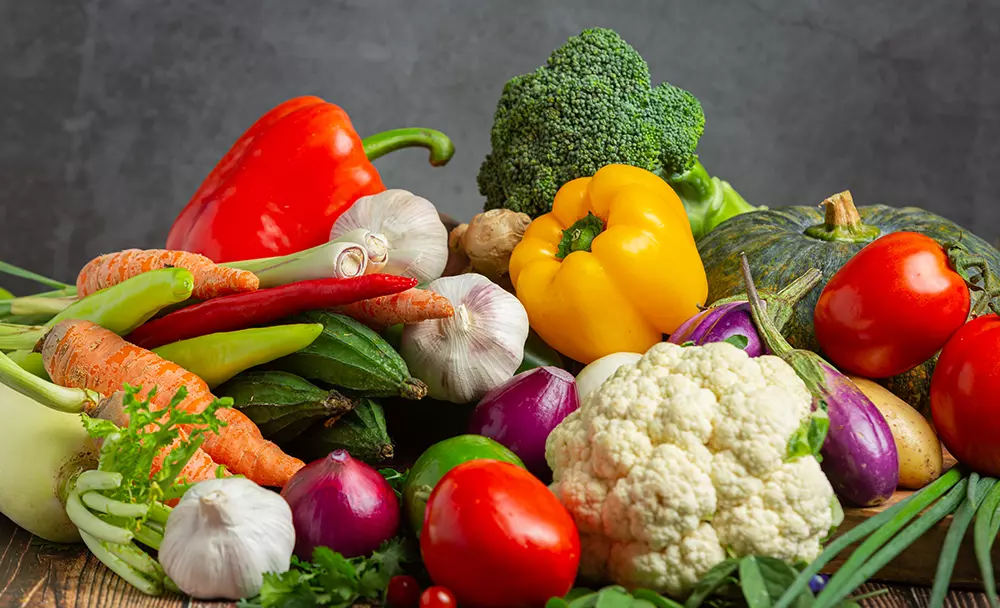
Minerals and vitamins are as necessary for survival as air and water. They shield you from a number of ailments in addition to keeping your body strong and healthy.
Although they are frequently combined, vitamins and minerals are very different. Organic compounds known as vitamins are created by either plants or animals. They are sometimes referred to as “essential” because, with the exception of vitamin D, the body cannot produce them and they must therefore be obtained from food.
Minerals are inorganic substances that come from soil, water, or rocks. You can, however, take them inadvertently from the environment or an animal that has consumed a specific plant [1].
Types of Vitamins and Minerals
Vitamins are broken down into two groups: water-soluble, which means that the body excretes what it cannot absorb, and fat-soluble, where excess amounts are retained as reserves in the liver and fat cells. Eight of the B vitamins—B-1, B-2, B-3, B-5, B-6, B-7, B-9, and B-12—as well as vitamin C are classified as water-soluble vitamins. A, D, E, and K are fat-soluble vitamins [1].
There are many different minerals, but just a few are essential for good health. The two categories of minerals are major and trace. Significant ones merely indicate that your body has more of them than trace ones, however, they are not necessarily more significant [1].
Foods Rich in Vitamins and Minerals
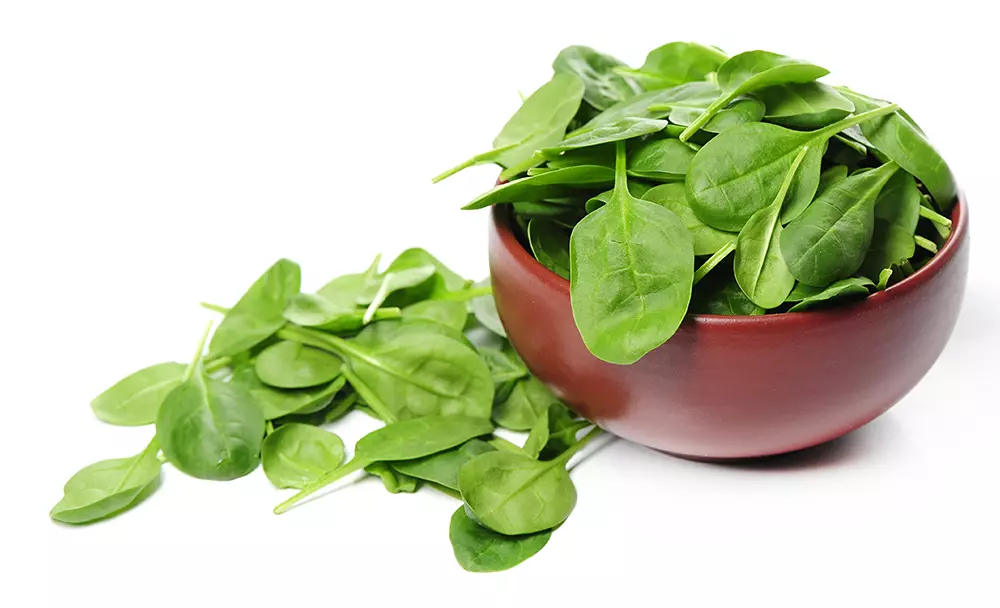
- Spinach: Spinach is a herbalife nutrition food leafy green vegetable that is rich in vitamins A, C, and K, as well as minerals like iron and calcium. It is also a good source of antioxidants. In addition to promoting healthy skin, hair, and bones, spinach also lowers the risk of cancer and heart disease [2,4].
- Sweet Potatoes: Sweet potatoes are root vegetables that are rich in vitamins A and C, potassium, and fibre. They also contain antioxidants and anti-inflammatory properties. It has been demonstrated that sweet potatoes enhance immunity, lower inflammation, and better control blood sugar. Thus, they are an important part of the nutrition food chart [4].
- Blueberries: Blueberries are a small, sweet fruit that is high in antioxidants, vitamin C, and fibre. They are also low in calories and have anti-inflammatory properties. A lower risk of heart disease, lower blood pressure, and better cognitive function have all been associated with eating blueberries [3].
- Almonds: Almonds are a type of nut that is high in vitamin E, magnesium, and fibre. They are also a good source of healthy fats and protein [4].
- Broccoli: Broccoli is a cruciferous vegetable that is high in vitamin C, vitamin K, and fibre. It also contains antioxidants and anti-inflammatory properties. Consuming broccoli has been associated with less inflammatory response, enhanced digestion, and a decreased risk of cancer [4].
- Quinoa: Quinoa is a grain that is high in protein, fibre, and minerals like magnesium, potassium, and iron. It is also gluten-free and has anti-inflammatory properties.
- Eggs: Eggs are a good source of protein, vitamins D and B12, and minerals like selenium and choline. They also contain healthy fats and antioxidants [3].
- Avocado: Avocado is a herbalife nutrition food fruit that is high in healthy fats, fibre, and vitamins like C, K, and B6. It also contains potassium and antioxidants. There is evidence that eating avocados helps to lower inflammation, support weight loss, and improve heart health [4].
- Dark Chocolate: Dark chocolate is high in antioxidants, especially flavonoids, which can improve heart health. It also contains minerals like iron, magnesium, and zinc. Consuming dark chocolate in moderation has been associated with a reduced risk of heart disease, decreased blood pressure, and enhanced brain function [3].
In conclusion, consuming nutrient-rich foods is crucial for preserving good health and avoiding chronic illnesses. These ten foods—spinach, salmon, sweet potatoes, blueberries, almonds, broccoli, quinoa, eggs, avocado, and dark chocolate—are rich in vitamins, minerals, and antioxidants that can boost brain function, lower inflammation, and lower the risk of chronic illnesses like cancer, diabetes, and heart disease. They can also help the heart and circulatory system [1,4].
To get the daily nutrients you need, you must eat a range of meals from several dietary groups. All the nutrients and minerals your body requires to function properly can be obtained through a balanced diet that includes a variety of nutrient-dense foods. You may easily enhance the nutritional value of your diet and advance general health by including these 10 nutrient-dense foods in your meals [1].
Disclaimer: This article is from Health & Wellness perspective only
References:
- https://www.health.harvard.edu/staying-healthy/the-best-foods-for-vitamins-and-minerals
- https://www.medicalnewstoday.com/articles/270609#benefits
- https://www.healthline.com/nutrition/11-most-nutrient-dense-foods-on-the-planet#_noHeaderPrefixedContent
- https://www.healthline.com/nutrition/foods-with-minerals#16.-Leafy-greens














